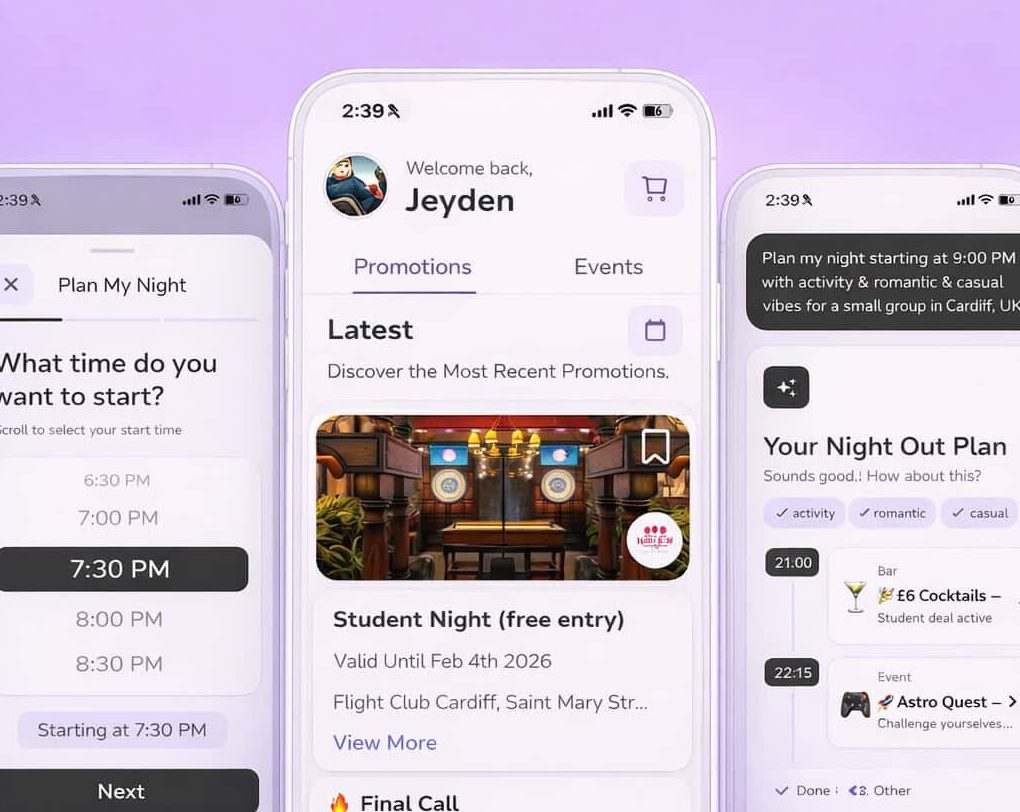By Shannon Bowes-Cavanagh
2020 has been a strange year for everyone with many people being put on furlough for most of it. This can make the prospect of graduating into the new world Covid-19 has created, very daunting. A study by the Institute of Fiscal Studies (IFS) suggests that graduates should expect to earn less because of the struggling economy based on data from past recessions. This may not be a surprise to most due to the impact that the multiple lockdowns have had on businesses so far.
Milkround surveyed graduates, undergraduates and employers revealing that before coronavirus 60% of students (18-22) secure jobs before graduation. However, it is now thought that only 18% of graduates will secure a position this year. It seems scary and personally, knowing these statistics after three years of study, leaves me feeling a bit discouraged but there are plenty of reasons to look forward to the coming graduations.
The Reality of Work Experience in 2020
Although many internships, placements, and summer abroad opportunities have been cancelled, a lot of work experience has simply been moved online. Working remotely isn’t quite the same as getting dressed up to head to the office as it means that graduates aren’t getting the experience of shadowing professionals or being able to ask questions and learn in a professional environment. However, it does still give you the opportunity to interact with people in the industry that you would like to go into, so it’s not all bad. This summer I was supposed to be taking part in Camp Counsellors USA and unfortunately because of the pandemic, this was cancelled. It’s very disheartening but you can still do something with all this extra time.
Dr Christine Menges, a career coach, says “now is the time to upskill yourself”. Employers want to see how you improved yourself through lockdown whether it’s developing a new skill; doing some volunteer work; or, contributing to your student magazine. I started working as a lab technician which is completely different to my degree, but it shows determination which will come in handy when it comes to post-graduation.
Developing Key Skills
The World Economic Forum outlines some of the key skills that employers will look for when it comes to applying for jobs. We’ve all at some point had to justify demonstrating communication, analytical skills, organization and leadership. A study by LinkedIn talks about how these skills are now more important than ever because of how many people are currently applying for jobs. In order to develop these skills, it is likely that graduates will have to take lower paid positions. It’s estimated that not just the class of 2020 but the classes of 2021, 2022 and 2023 will all struggle post-graduation with entry-level jobs being cut. However, an optimistic take on this is that it is the opportunity to embrace further learning. Who knows how these new skills will help us in the future?
Minimising Anxieties
People don’t know what the future looks like at the moment so here are a few tips from various researchers into the post-pandemic job market to hopefully help minimise your anxieties.
- Work on digital skills. After this year, it has become necessary to update your knowledge of technology. Websites such as Alison Courses offer free IT training courses.
- Be online interview ready. This not only means having questions prepared and doing research like a typical interview but think about lighting, internet connection, sound quality and also have the patience to deal with any technological errors.
- Keep engaged with opportunities. Check daily different opportunities that arise and even if they seem out of your comfort zone, they’re worth looking into.
- Be adaptable and flexible. Take experiences that might not be a “dream job”.
- Be innovative. Brainstorm ways to show your value to a company; blogs, a small business, a portfolio of your work, anything that you can show an employer to prove yourself.
- Connect with people. Emotional intelligence is one of the key skills that employers are looking at more post-pandemic. It is important to be able to connect with people on an emotional level especially now when people are vulnerable. This will open up opportunities in so many areas so practice it.
Essentially, it is going to be difficult post-graduation for a lot of graduates. The coronavirus has impacted millions of businesses globally meaning that it has now become so much harder for students to gain work experience, internships and summer opportunities. However, there are so many things that we can do to prepare ourselves for an extremely competitive job market.
Instagram: @quenchfeatures
Write for us: email [email protected] or join the Facebook group where our pitches are posted
Our Section: Features


